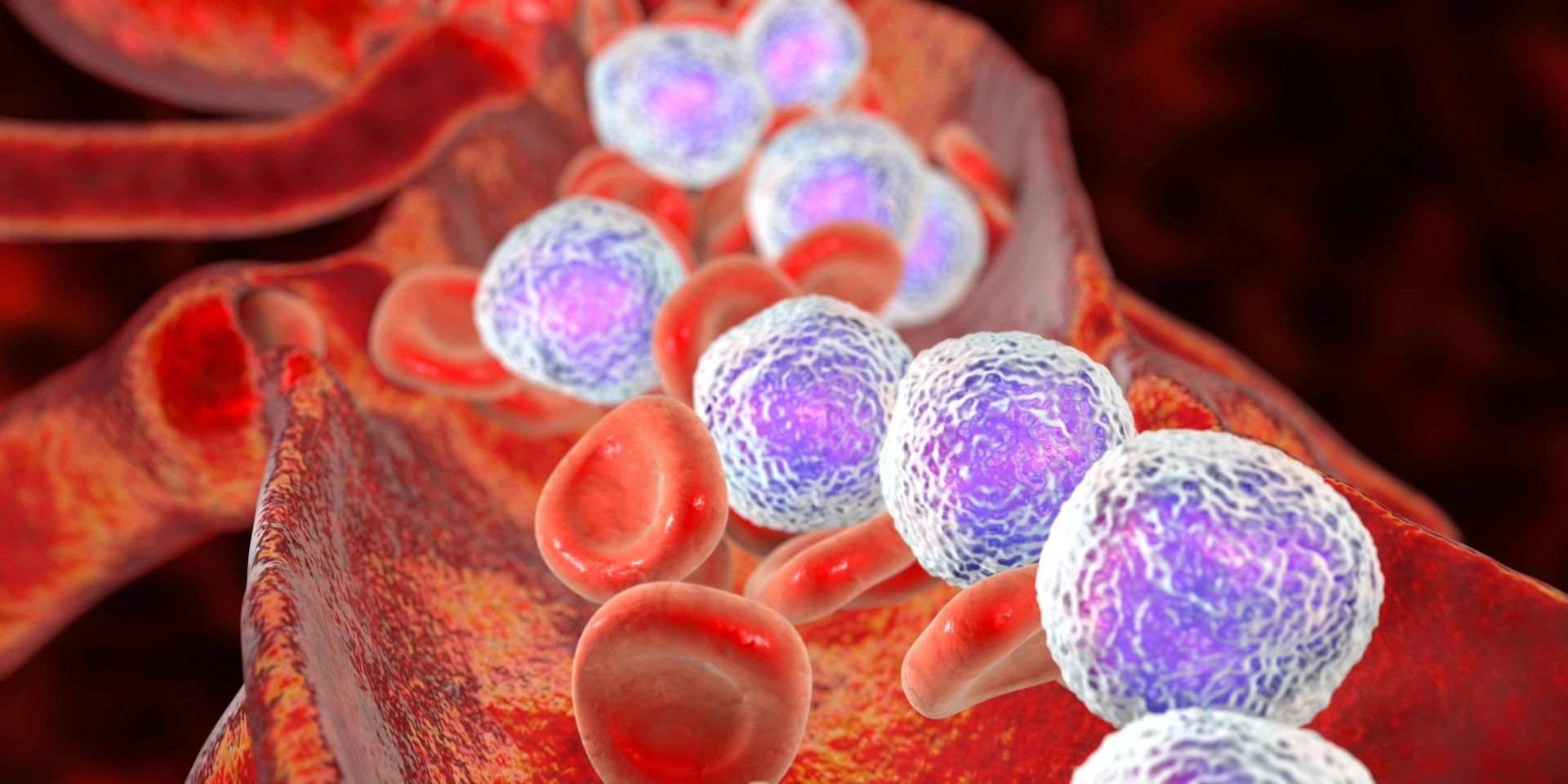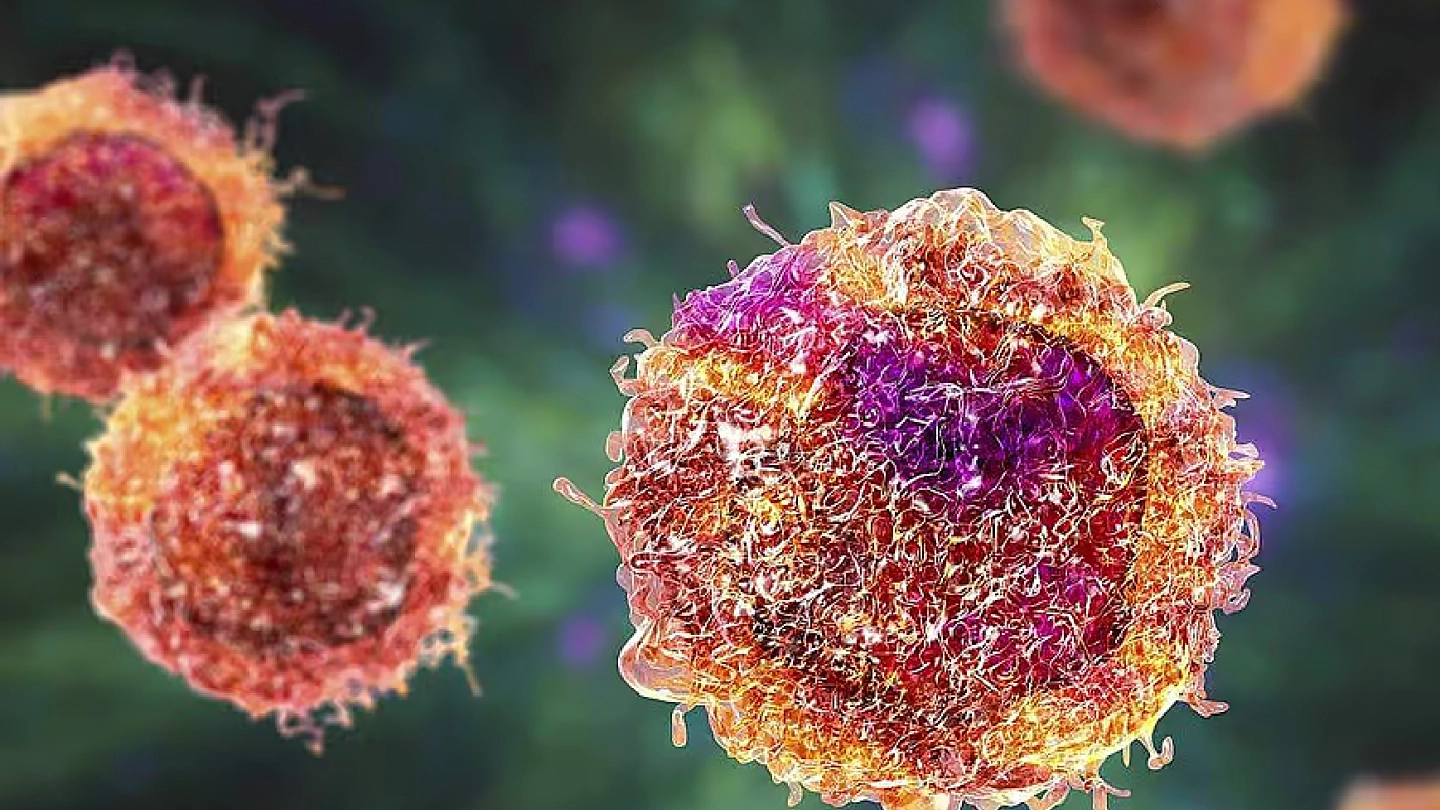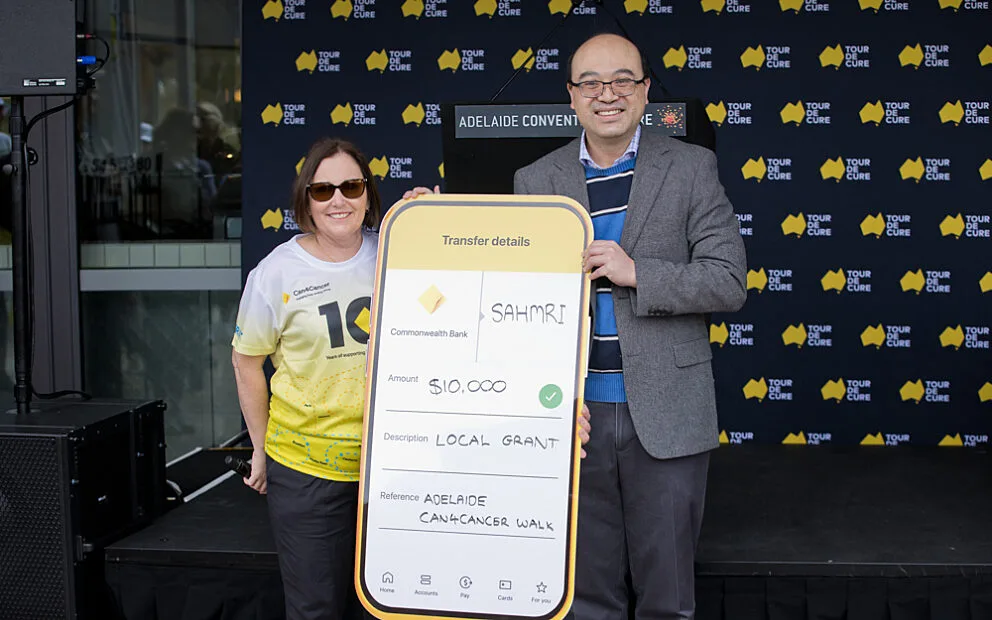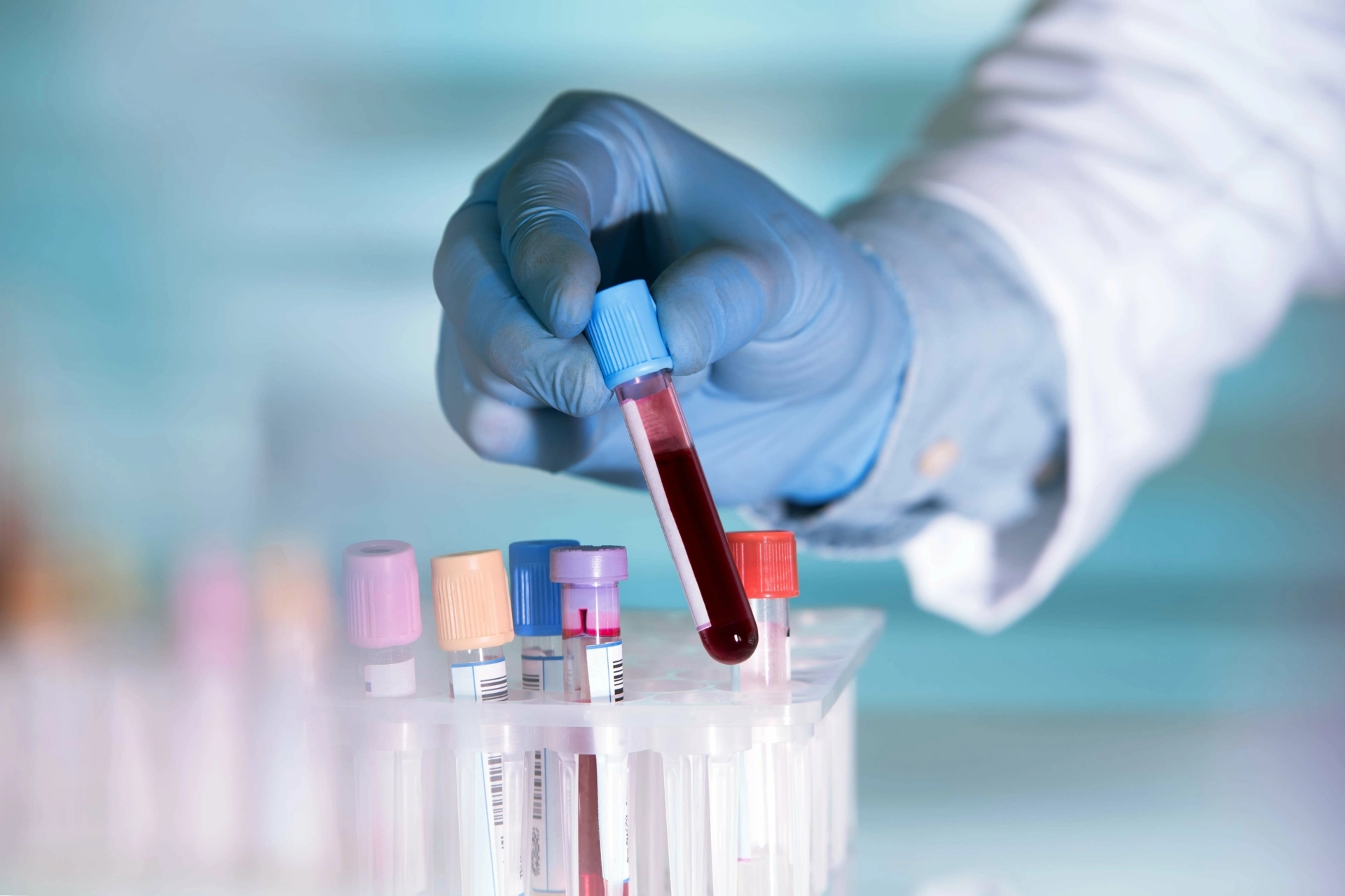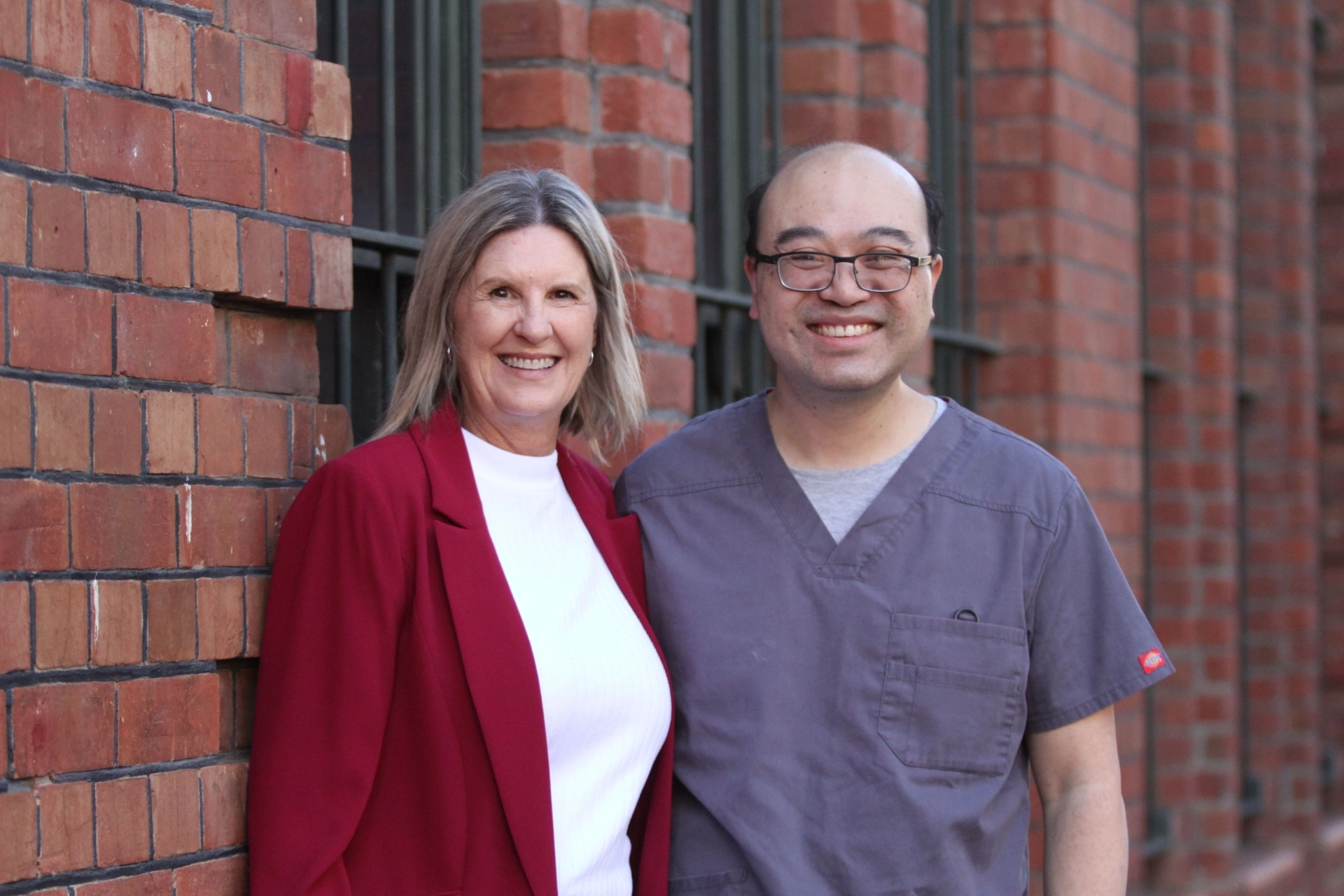A SAHMRI-led project has given researchers new insight to better predict outcomes and tailor treatment for young adults living with acute lymphoblastic leukaemia (ALL), a form of aggressive blood cancer.
The study, published in the prestigious journal Blood Neoplasia, was led by Professor Deb White and Professor David Yeung. Their team performed comprehensive genomic analyses on adolescents and young adults (AYA) newly diagnosed with ALL.
The SAHMRI study was a compendium to a clinical trial run by the Australasian Leukemia and Lymphoma Group (ALLG). The clinical trial, called the ALLG ALL06 study, was led by Associate Professor Matthew Greenwood and established intensive chemotherapy as the standard of care in AYA patients with ALL.
Using state of the art, next generation sequencing facilities at the SAHMRI, Prof White and her team was able to reveal the mutations that were responsible for the development of the leukaemia in 86% of cases based on genomic data. This is a substantial improvement compared to past decades where many cases had no clear genetic driver.
"We’ve shown that detailed genomic information is a critical component of a patient’s treatment plan, when combined with a comprehensive approach including optimised chemotherapy and careful monitoring,” Prof White said.
“We’re now looking to extend these observations to older patients, which will be a major advancement in how we approach ALL."
This knowledge helps patients and their doctors understand the risk of relapse and whether additional treatment or monitoring may be needed. The project also contributes to our understanding of the origins of ALL, and further development of targeted inhibitors to treat the disease. The findings have added significance given that AYA patients have often been overlooked in traditional cancer research.
Prof Yeung says the research is transforming our understanding of leukemia in young adults.
“By better understanding the genetic landscape of ALL, we can tailor treatments to each patient’s needs. This not only optimises their chances of survival but also reduces the potential for unnecessary toxicity,” Prof Yeung said.
“This study gives us hope for more precise, effective and less harmful treatments."
The research also highlights the growing importance of combining genomic data with early treatment responses, to guide treatment intensification.
Looking ahead, researchers suggest the integration of cutting-edge therapies, like CAR-T cells and personalised approaches will be key to optimising treatment for ALL in young adults.
"The future of leukaemia treatment is precision medicine,” Prof White said.
"By incorporating all available diagnostic data, including genomic, patient-related factors and treatment response information, we can create a truly personalised treatment plan that gives patients the highest probability of success.”
The research team, which also includes SAHMRI scientists Dr Laura Eadie, Dr Jacquelin Rehn, Caitlin Schutz, Dr Sue Heatley, Stephanie Arbon and Dr Elyse Page, as well as Associate Professor Michael Osborn from the Women’s and Children’s Hospital; will continue hunting for undiscovered mutations that cause ALL and treatments that can be tailored for these patients.
